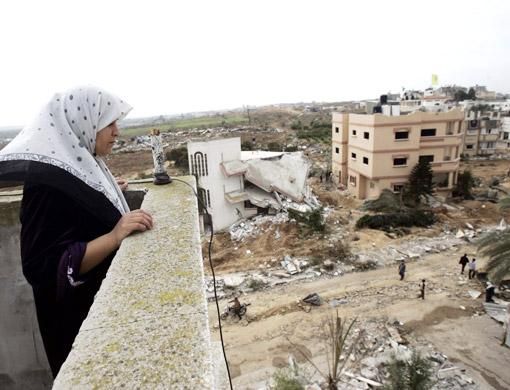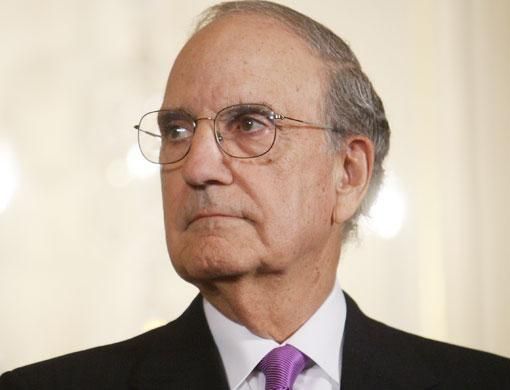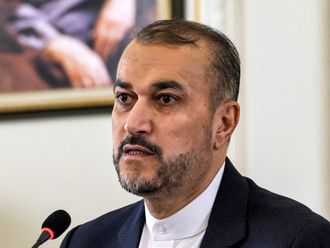Dubai: The upcoming regional tour of the newly-appointed US special envoy George Mitchell to the Middle East, carries a significant message that the new US administration seeks a vital role in the region, though no immediate and tangible results are expected from the first tour, Palestinian politicians and analysts said.
"It is a positive indicator," Palestinian MP Hanan Ashrawi said, "that the US is determined to play an effective role and quickly" in the efforts to solve the Palestinian-Israeli conflict.
Mitchell's tour also shows a "major shift" from the way the former US administration handled the Palestinian question. The Bush administration left the door open for Israel to "undermine the basis of peace", outspoken Ashrawi told Gulf News in an interview.
Arabs blame the log jam of the peace efforts in the Middle East during the past eight years on insufficient willingness on the Bush's administration part, despite the fact it was the first administration to officially adopt the two-state solution for the Palestinian conflict. Bush's administration was, to Arabs, biased towards Israel.
Many Arabs hope that Barack Obama's administration will exert more effort towards finding a solution to the 60-year-conflict.
These hopes received a boost when Obama announced the former senator George Mitchell as his special envoy to the Middle East.
Mitchell will today start his first regional tour, which initially includes Israel, Palestinian territories, Jordan, Egypt, Turkey and Saudi Arabia.
Choosing Mitchell as the US special envoy was a "positive development and a right thing to do", Palestinian MP Mustafa Barghouti said.
Moreover, "the situation in Gaza doesn't allow ignoring nor waiting further because it is very dangerous situation," Barghouti added in an interview with Gulf News, referring to the nearly three-week Israeli war on Gaza, which left scores of Palestinians dead or injured.
"The war on Gaza made it necessary for the Americans to move quickly not only for the Palestinians, but also for the Israelis," Palestinian political scientist Jehad Hareb said.
Mitchell is expected to work with the Arab countries on "keeping the truce in place and to ban arms smuggling to Gaza," under Hamas control, Hareb explained.
However, he is not expected to meet during his tour with any of Hamas leaders. The US and Israel have the Palestinian group on its terrorism list.
"This is not right," Barghouti commented. "Even if he has restrictions, he (Mitchell) should meet representatives of all (Palestinian) political spectrums. When US envoys visit Israel, they meet representatives of all political parties, from government and opposition," he added.
Both the US and Isreal don't recognise Hamas, which achieved a victory in parliamentary elections in 2006. Hamas also doesn't recognise Israel.
"Practically, they are recognising each other," Hareb said of both Israel and Hamas by holding talks with each other through a third party. "Officially, they are not recognising each other," he added.
Some analysts believe it is premature to judge the direction the US administration will take peace efforts, others believe it all depends on the Obama administration's definition of Israel's security.
"Is it by finding a just peace for the Palestinian question, or by providing Israel with a cover to its policies," said Ashrawi, a former spokesperson to the Palestinian delegation to the Madrid Peace conference in 1991.














